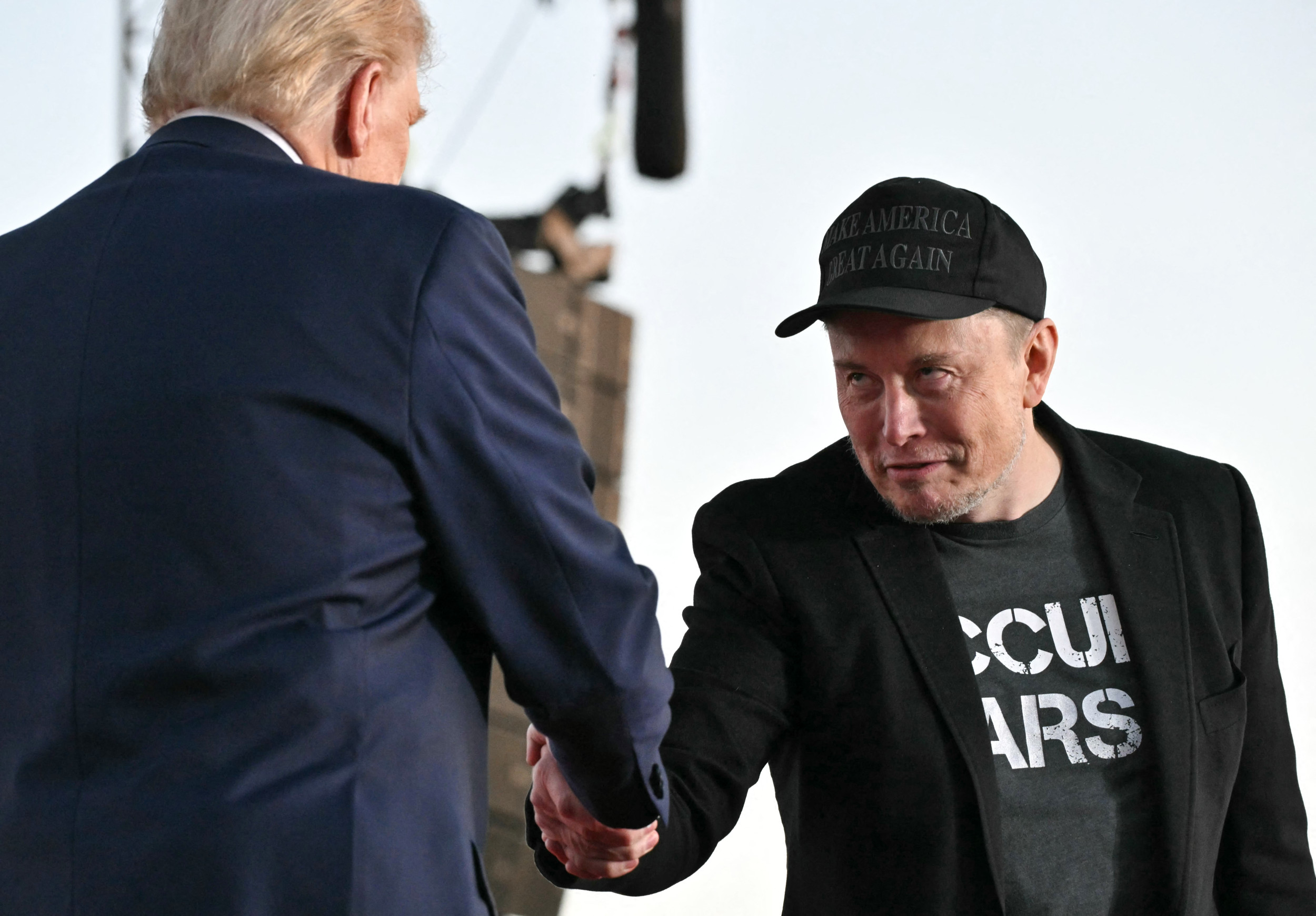TikTok is back in Apple's and Google's app stores in the United States following a temporary delay in the enforcement of a federal ban that would have required its Chinese parent company, ByteDance, to sell the app or face removal.
The decision marks a dramatic shift in the ongoing legal and political battle over the app's future, likely leaving many users wondering whether TikTok's ban is truly off the table.
Why Was TikTok Removed From the App Stores?
The app was originally pulled from the U.S. app stores on January 18 in anticipation of a law that required ByteDance to divest TikTok to a U.S.-based owner because of national security concerns.
Lawmakers had raised fears that the Chinese government could use the app to collect data on American users or influence public opinion.
The legislation, which was signed into law by former President Joe Biden, received bipartisan support and was later upheld by the Supreme Court.
In response, Apple and Google removed TikTok from their app stores, and the platform itself briefly shut down access to U.S. users.
The move left millions of American TikTok users in the dark, sparking outcry from content creators and businesses that rely on the platform for their income.

How Were the Apps Restored?
The turning point came when President Donald Trump, who was inaugurated shortly after the app's removal, issued an executive order delaying the enforcement of the ban for 75 days.
This move allowed TikTok to resume operations while discussions about its sale continued. Trump's directive also reassured Apple and Google that they would not face legal consequences for reinstating the app.
According to Bloomberg, Apple restored TikTok after receiving a letter from U.S. Attorney General Pam Bondi confirming that the company would not be prosecuted for hosting the app.
Similarly, Google reinstated TikTok on its platform after receiving assurances from the Justice Department.
Trump directed the Justice Department to notify Google and Apple that they would not face legal action under the law—which, if enforced, could impose significant fines on app stores and internet service providers hosting TikTok, The Washington Post reported.
Is TikTok's Ban Canceled?
While TikTok's return to the app stores is a major win for the platform's millions of users, it does not mean the ban has been permanently lifted.
Trump's executive order only postpones enforcement of the law, and unless ByteDance sells TikTok's U.S. operations before the new April 5 deadline, the ban could still take effect.
Several potential buyers have expressed interest in acquiring TikTok's U.S. operations. Among them is former Los Angeles Dodgers owner Frank McCourt, who has publicly stated his willingness to purchase the app.
Other notable figures linked to potential deals include billionaires Larry Ellison and Elon Musk, though no formal agreements have been announced.
"I have not put in a bid for TikTok," Musk said a week after Trump announced that he was open to the tech entrepreneur buying the app.
The app remains under intense scrutiny from U.S. lawmakers and regulators, who continue to push for stricter oversight of its operations.
Meanwhile, China has resisted efforts to force a sale, with Beijing making it clear that it opposes any attempt to transfer TikTok's technology to foreign buyers.
When TikTok was restored, users received a pop-up message thanking Trump by name.
After Trump's electoral victory in November, TikTok CEO Shou Chew met with him at Mar-a-Lago and later attended his inauguration ceremony, the BBC reported.
Trump himself has hinted at wanting a compromise.
"What I'm thinking of saying to someone is buy it and give half to the U.S., half, and we'll give you a permit," he said in a news conference last month.
For now, TikTok remains available in the U.S., but its long-term future is still uncertain.
While the 75-day extension provided by Trump offers some breathing room, without a sale, the possibility of another removal from app stores remains a looming threat.
fairness meter
About the writer
Dan Cody is a journalist based in London. His focus is increasing the search visibility of Newsweek's reporting across all ... Read more



